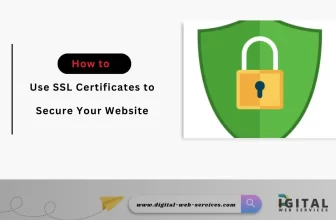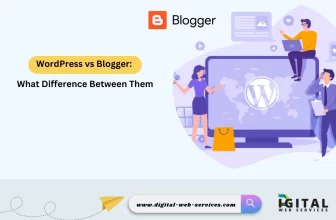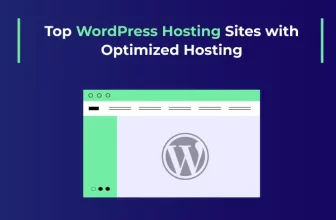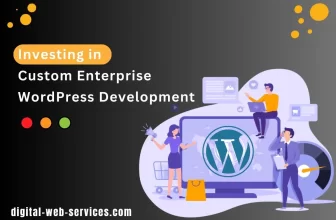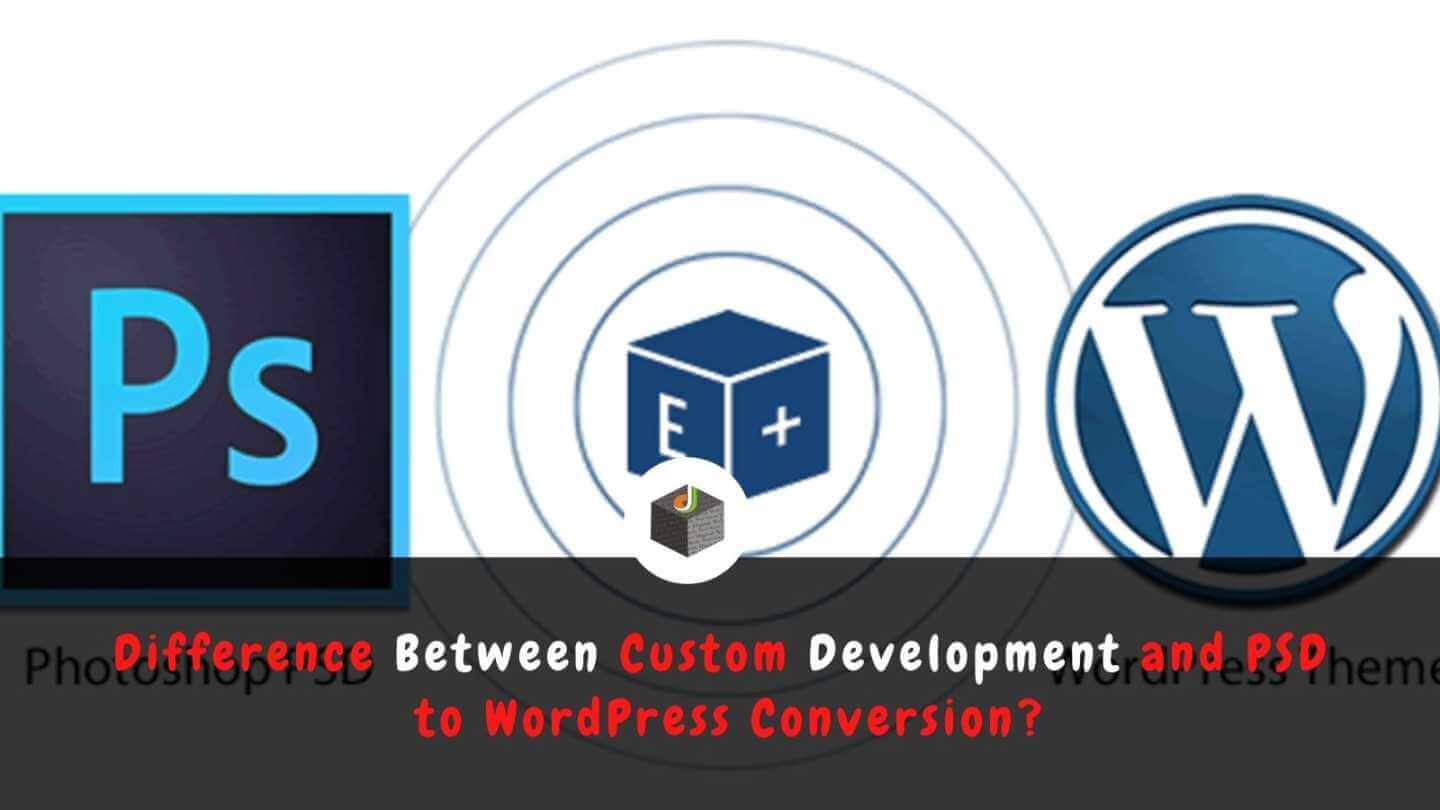
When you create a WordPress site using custom design, you really aren’t “creating” your site. You’re taking your existing site and doing a few minor tweaks that can be done to any WordPress site: changing the WordPress logo, adding a few custom widgets, and adjusting the WordPress theme’s colors and layout.
Many people who visit your blog want to know the differences between your blog’s design and the design of your website. You can use this blog to answer this question. You can talk about the three basic types of custom development: Design by User, Design by Developer, and Design by Designer. You will also discuss the process of converting a website from a Photoshop document to WordPress.
What do you have to do in Custom Development?
Many people get confused about the difference between custom development and PSD to WordPress conversion. The two terms may seem interchangeable, but the truth is they are very different. The main difference is that custom development is an ongoing process of building a new website. PSD to WordPress conversion is the conversion of PSD to WordPress themes.
Changing the WordPress logo
Logo changes are becoming more common these days, despite most companies being reluctant to actually change their logos. What better way to give your company a fresh look, while not having to pay thousands in design fees? If you are a WordPress user, you can easily change your website’s logo by editing your theme’s header.
WordPress is an open-source content management system used to create blogs, web pages, and other content. One of the most popular ways to customize WordPress is to replace the default WordPress logo with your own. So, how can you do this? The easiest way is to use the Logo Generator.
Adding a few custom widgets
There are two types of people in this world: those who write code and those who don’t. We’re all obsessed with the latest smartphones, the hottest gadgets, the best apps, the coolest sites—but how much do we really know about the programming involved?
Some of us may know how to write our own simple programs to customize the look and function of our phones, but no one seems to know how to customize the apps, widgets or settings available.
Many developers have developed their own custom widgets for their sites. They have developed custom buttons, sliders, calendars, calculators, news feeds, and many other applications. This is the most common type of widget, however it is also the most time consuming. To make your own custom widgets, you need to customize the HTML, CSS, and JavaScript code of the widget.
The custom widget is a really useful piece of functionality that has been around for a long time. It lets you create widgets that are exactly the way you want them to be. What does this mean, exactly? Well, you can have multiple widgets on your homepage, or one widget that is exactly what you want it to be.
You can have multiple pages on your website, all with the exact look and feel you want. You can have multiple content blocks on your website, all with the exact look and feel you want. The possibilities are truly endless, and the things you can do with custom widgets are almost limitless.
Adjusting the WordPress theme’s colors and layout.
If you’ve ever created a WordPress site, you know how important it is to make sure your web design matches your website’s content, purpose, and tone. Choosing the right colors and layout sets the tone for your site, and helps you evoke the appropriate emotions.
One of the many things WordPress allows you to customize is the color, layout, and style of your theme. You can change the background image, change the colors of your site, set up the header, choose the fonts, and design the footer. This is all done by editing the theme’s style.css file.
What do you have to do in PSD to WordPress Conversion?
We all know you can publish a WordPress website with a few clicks. But are you getting the best out of the platform? Are you taking full advantage of what WordPress has to offer? Are your site’s images optimized? Is your theme well-designed?
Do you have an easy-to-understand navigation menu? If you think all of these things can be handled by just getting a theme right then you are wrong. You have to do a lot more to take your WordPress site to the next level.
The process for converting from Photoshop to WordPress is quite simple, but there are a few things that can be confusing. The most confusing thing is that the process is not a straightforward visual, but a visual that contains a lot of steps. The following is a list of what I believe to be the most important steps in the process:
Analyze the PSD.
How to analyze the PSD file of a site that has been converted from WordPress to WordPress. I will explain the details, and also show you what to look for when you are analyzing a PSD file. First of all, you have to look at the layers. You can use a program such as Adobe Photoshop or Photoshop Elements to do this.
The importance of the PSD File When it comes to WordPress design, there’s not much you can do if your design isn’t in the right format. There are several file formats for WordPress theme designs, and all of them work in different ways. You can use an HTML file, or you can export your design to Adobe Illustrator, which is the most popular format for WordPress theme design. But which one’s right for you?
Slice the PSD.
Slice the PSD. It’s not just a catchy tagline. It’s a reminder that you have choices in the type of design that you want to promote, but that you have to slice the file into a manageable size. This is a summary of a post about the importance of Slicing the PSD.
You’ve created an awesome design, but you can’t figure out where to place it on your WordPress site. Don’t worry, the process is easy, and you’ll be creating your first WordPress site within minutes. The only thing that will take some time is determining which template you want to use to create your site. There are currently about 30 different options, each with its own styles, features, and price.
Write HTML, CSS and JavaScript
HTML, CSS and JavaScript are inextricably linked to each other. HTML is the mark-up language that describes how web pages should look and behave, while CSS defines the style of the web page.
JavaScript is the programming language that allows you to detect mouse movements, detect if the user is looking at the page, and so on. On the other hand, many people believe that HTML, CSS, and JavaScript are distinct languages, but this is simply not true. They are all part of the same language, but do have different features.
Well, this is a good guide for those who are just starting. I can’t be sure if it will work for you, but I can at least recommend it to you. I really like it.
Digital Web Services (DWS) is a leading IT company specializing in Software Development, Web Application Development, Website Designing, and Digital Marketing. Here are providing all kinds of services and solutions for the digital transformation of any business and website.



